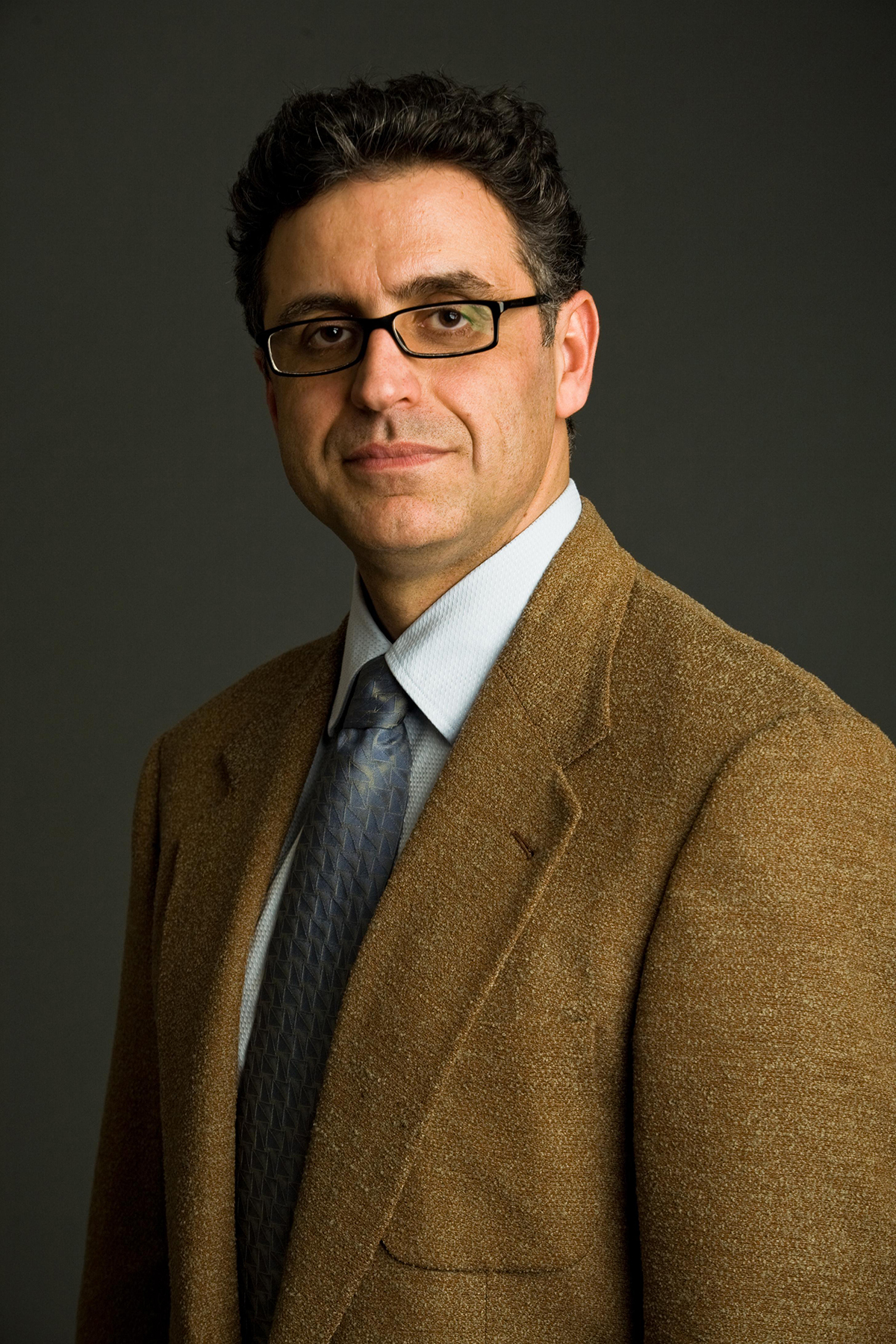
Hisham M. Bizri
A screenplay for The Last Day of Summer is the story of one man’s obsessive pursuit of his alienated wife and his equally passionate search for a son he once, but only briefly, knew. On another level, the script powerfully dramatizes, in a single day, the experience of exile of the people of today’s Beirut. The drama unfolds when Yacoub, a Lebanese Jew who has seen his riches decline, is forced to leave his house, having learned that his wife Hélène plans to bring another man into their bed later that day. Yacoub and Hélène, a Italian opera singer, have not had sexual contact since their son died at the age of eleven a decade ago.
Yacoub starts his day’s work in the bustling city. He is the financial columnist in the local newspaper and comes into contact with people from all walks of life. He is forced to hear improprieties about his wife and is tormented by other men who use him as an outlet for their own frustrations and violence against minorities. Yacoub wanders the streets of Beirut in search of compassion but the shock of religious, political, and material disillusion impairs his inner wholeness. There is an undertone of despair as his day progresses. The film chronicles his nightmarish journey in a city where dwellers no longer closely recognize each other.
Yacoub finds salvation when he encounters Yusuf, a young Muslim poet who has been to Rome for study. Yacoub and Yusuf are a father and a son in a spiritual search of one another, and their encounter radically alters the course of Yacoub’s life. Yacoub undergoes many trials and tribulations before returning to his home together with Yusuf. His own actively reinterpreted reality is most triumphant in a climatic scene in which Hélène accepts and affirms who she is as a woman, Yacoub as a man, and Yusuf as a poet. The lost and captive city is redeemed through the power of love.